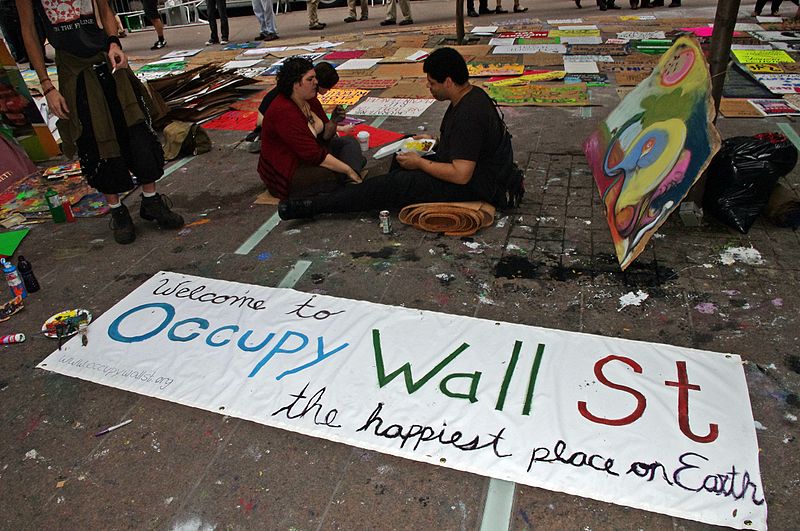Sometimes what we think is the end of the world is actually just the end of an era. We’re certainly going through a foundational change now as the Computer Age disappears one stalwart after another of the Industrial Age. But the sinking feeling isn’t just about cultural transition. Reports from one NASA scientist after another tells us that something is seriously amiss environmentally.
Todd Gitlin has a TomDispatch piece about the latest plague and one that could “infect” us all simultaneously: climate change, which is slow and insidious, until it is brutal and devastating. The opening:
“Apocalyptic climate change is upon us. For shorthand, let’s call it a slow-motion apocalypse to distinguish it from an intergalactic attack out of the blue or a suddenly surging Genesis-style flood.
Slow-motion, however, is not no-motion. In fits and starts, speeding up and slowing down, turning risks into clumps of extreme fact, one catastrophe after another — even if there can be no 100% certitude about the origin of each one — the planetary future careens toward the unlivable. That future is, it seems, arriving ahead of schedule, though erratically enough that most people — in the lucky, prosperous countries at any rate — can still imagine the planet conducting something close to business as usual.
To those who pay attention, of course, the recent bursts of extreme weather are not ‘remote’ or ‘abstract,’ nor matters to be deferred until later in the century while we worry about more immediate problems. The coming dystopian landscape is all too real and it is already right here for many millions.”


